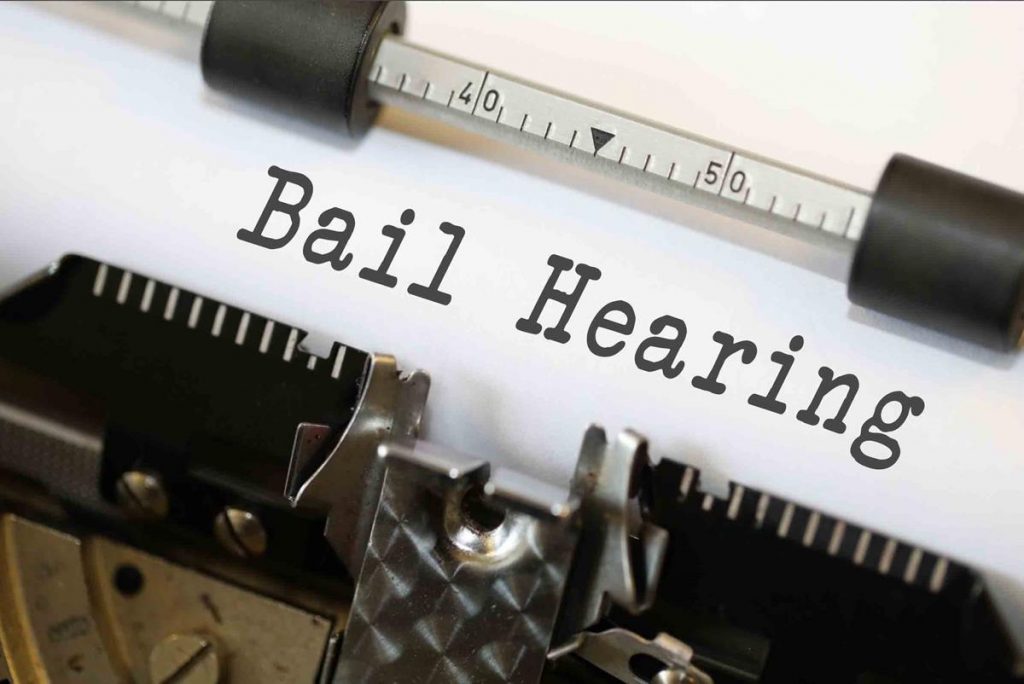Bail
You can be released on bail at the police station after you’ve been charged. This means you will be able to go home until your court hearing.
If you are given bail, you might have to agree to conditions like:
- living at a particular address
- not contacting certain people
- giving your passport to the police so you cannot leave the UK
- reporting to a police station at agreed times, for example once a week
If you do not stick to these conditions you can be arrested again and be taken to prison to wait for your court hearing.
When you attend your hearing at a magistrates’ court you might be given bail again until your trial begins.
Reasons you may not be given bail
You’re unlikely to be given bail if:
- you are charged with a serious offence, for example armed robbery
- you’ve been convicted of a serious crime in the past
- you’ve been given bail in the past and not stuck to the terms
- the police think you may not turn up for your hearing
- the police think you might commit a crime while you’re on bail

What is a Bail Hearing?
A bail hearing is a court process in which a judge will determine whether or not to allow a defendant to post bail and be released from jail for the duration of his or her trial.
What Is The Purpose Of A Bail Hearing?
The purpose is for the court to inquire into the likelihood of the defendant reappearing at his or her criminal trial. This hearing also sets the exact amount of the bail which will be required, if granted. Evidence may be presented by the defendant and the decision is ultimately made by the court.
Who Is Present At A Bail Hearing?
Typically, a judge presides over the court decision and a jury’s presence is not needed. The defendant will be present, along with the defense attorney (if an attorney is being used). Spectators are also generally welcome to appear.
What Determines The Outcome Of A Bail Hearing?
A judge will consider many factors when making a decision whether or not to allow bail, and when determining the amount. Some examples of what the judge will consider include:
- Personal character and history
- Financial resources and employment
- The nature of the alleged crime
- Past criminal history and court appearnaces
- Family ties and length of residence within the community
It is the responsibility of the defendant and his or her attorney to provide evidence of the above factors. If the bail hearing is not the first in the course of the trial, it is important to demonstrate new facts and evidence upon which the judge can issue a new decision.
Bail is determined by a judge at a bail hearing or an arraignment. This is the amount of money a defendant must provide, either by paying the full amount or by hiring a bail bondsman. Once bail has been determined and posted, the defendant is released from custody until the trial date. But how is the amount of the bail determined? Although there are guidelines, judges have discretion in setting the amount. As such, they will take several factors into consideration.
Public Safety
Public safety is one of the first factors that judges keep in mind when determining bail. If the person doesn’t pose a major threat to the public if released, the judge will set the bail much lower. In some cases, such as murder charges and other serious crimes, the judge may decide not to let the defendant out on bail at all.
Type of Crime
The judge will obviously take into consideration the seriousness of the crime when setting bail. Someone who is being charged with manslaughter, for instance, will have a much higher bail than someone who is in trouble for petty theft.
